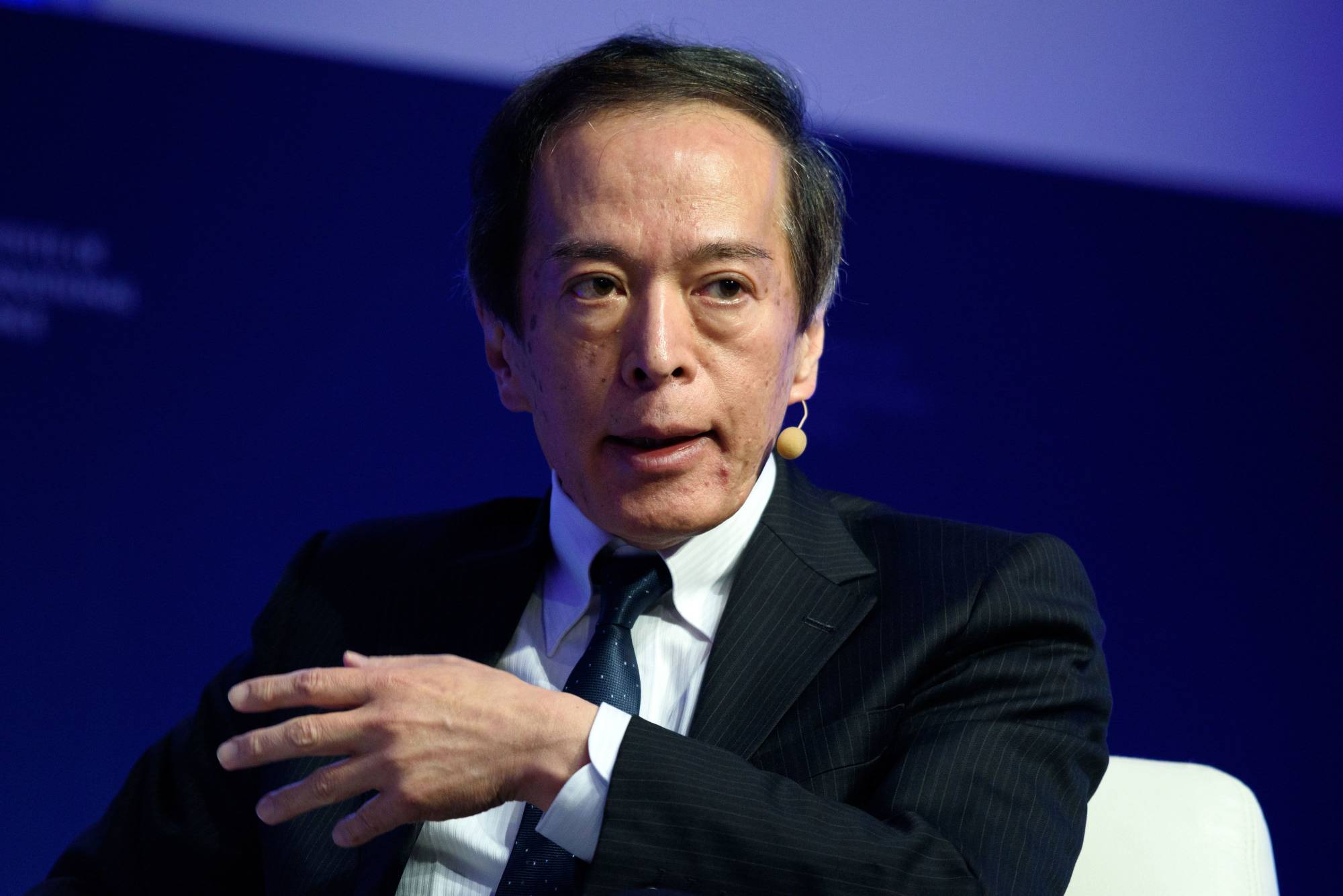A history lesson on FX market intervention
Dollar/yen has risen into the region that prompted the Bank of Japan to intervene in the FX market last autumn. Hence it seems that intervention was only successful for a time. History suggests that success may only be assured if the US joins in. But that seems unlikely.

BoJ Governor Kazuo Ueda
>> How did Japan begin FX intervention?
The BoJ intervened last September and October in the 145-150 region for dollar/yen, with the upper end of this range the highest level seen since way back in 1990. Dollar/yen fell in the months following the intervention, reaching sub-130 levels in January and so gave the impression that the BoJ’s actions had worked.
However, the yen barely rallied against other major currencies such as the euro and the pound, suggesting that the fall in dollar/yen after the intervention was not so much a case of success for the BoJ, in strengthening the yen, but just a reflection of broad dollar weakness. The subsequent rise in dollar/yen to the “intervention zone” right now and concomitant fall in the yen against others, like the euro and sterling, adds more weight to the view that the BoJ still has a problem. The source of this problem seems pretty straightforward.
The BoJ has refused to lift short-term policy rates while rates elsewhere have soared, and it has been very cagey about allowing longer-term yields to rise as well. It may be a very crude way of measuring things but Japanese CPI inflation is now above that in the US and yet the Fed has lifted rates 525-bps while the BoJ has done nothing. What’s more, the lack of BoJ tightening is undermining the effectiveness of intervention.
Mr. Steve Barrow, Head of Standard Bank G10 Strategy, said the history shows that FX intervention is most effective when it mimics the path of monetary policy. What he means by this is that intervention is more likely to work for a country trying to defend a weak currency if the central bank is tightening monetary policy at the same time. It can do this either through leaving the intervention unsterilised, or announcing policy rate increases. But in Japan’s case much of the justification for intervention seems to be based on the Bank’s desire to avoid tightening monetary conditions, as expressed by its desire to hold 10-year JGB yields in a narrow range.
Central banks can use other tactics when they intervene unilaterally to try to goose up the effectiveness of intervention, such as making sure the action is a surprise to the market. Nonetheless, the history says to us that if the BoJ insists on holding JGB yields and keeps on intervening on its own, it won’t be successful.
History also shows that coordinated intervention with other central banks is usually far more successful than unilateral intervention. In Japan’s case this was clear all the back in the early/mid 1990s when, unlike today, the dollar was very weak against the yen. Back then the BoJ started intervening in dollar/yen but with little success and it was only around 1995 when the Fed started to get involved that policymakers had some success.
>> Why did many central banks intervene in the market?
The fact that US treasury secretary of the time, Bob Rubin declared the start of the “strong dollar” policy seemed to give the BoJ/Fed intervention some extra effectiveness. The question now is whether the US Treasury could join in any further Japanese intervention, either because it is asked to by Japan, or decides that it is in its own best interests. In Mr. Steve Barrow’s view, there seems to be many reasons why it would not.
For a start, the dollar is arguably not excessively strong across all currencies (unlike 1995 when it was generally very weak). It might also conflict with the Fed’s monetary aims given that the Fed is clearly not ready to hint at policy easing.
However, there is one aspect to bear in mind that could make the US more amenable. For if the BoJ cannot stop yen weakness, it increases the pressure for JGB yields to rise and increases here, in turn, can lift treasury yields as investors ditch US bonds for those in Japan.
“This being said, we think it is quite a stretch to think that the US will intervene in the yen because they fear that yen weakness will cause an excessive rise in treasury yields and, if we are right about this, the BoJ is on its own and destined to struggle”, said Mr. Steve Barrow.








